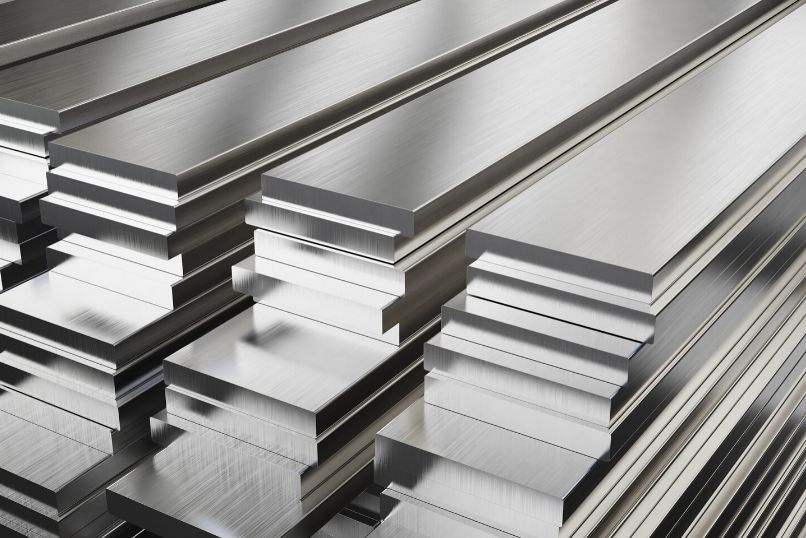Most people have something made of stainless steel in their homes, whether it’s a kitchen appliance, some hardware, or even a piece of décor. Many businesses purchase stainless steel for its strength, versatility, and other helpful properties. Almost everybody knows what stainless steel is and what it looks like. Something that surprises many people is finding out there are actually multiple kinds of stainless steel. Check out this guide to learn more about the different types of stainless steel.
Austenitic
Austenitic stainless steel is designed to be nonmagnetic. A great example of an everyday application for austenitic stainless steel is a stainless steel oven. This is most likely not magnetic like your stainless steel refrigerator, but it still matches and functions like the same. Austenitic stainless steel is steel alloyed with high levels of chromium and nickel, and low amounts of carbon. This type of stainless steel is one of the most common due to its exceptional resistance to corrosion and superior formability.
Precipitation-hardening
Precipitation-hardening stainless steel is a strong stainless steel. One of the most common precipitation-hardening stainless steels is 17-4 stainless steel. Made out of exactly 17 percent chromium and four percent nickel, it’s alloyed with copper, aluminum, titanium, molybdenum, or niobium. This metal alloy is extremely corrosion-resistant, to the point that it’s comparable to austenitic stainless steel. It’s also hardened to higher strengths than most other types of stainless steel. This type of stainless steel is popular in the chemical processing, aerospace, and metalworking industries due to its incredible strength and corrosion resistance.
Duplex
Duplex stainless steel is a complicated metal. It’s partially an austenitic stainless steel and partially a ferritic stainless steel. This is one of the strongest stainless steels available, as it nearly doubles the strength of a regular austenitic or ferritic stainless steel. It’s most commonly used for heavy equipment and in industries that require extreme strength and resistance to stress corrosion cracking. This metal alloy is corrosion-resistant in general, but it resists stress corrosion cracking best of all.
There are many more types of stainless steel besides the three listed above—these are just the most common ones in everyday applications. For all of your stainless steel needs, contact Wieland Diversified. Our vast selection of our stainless steels allows you to find the exact material you need.

